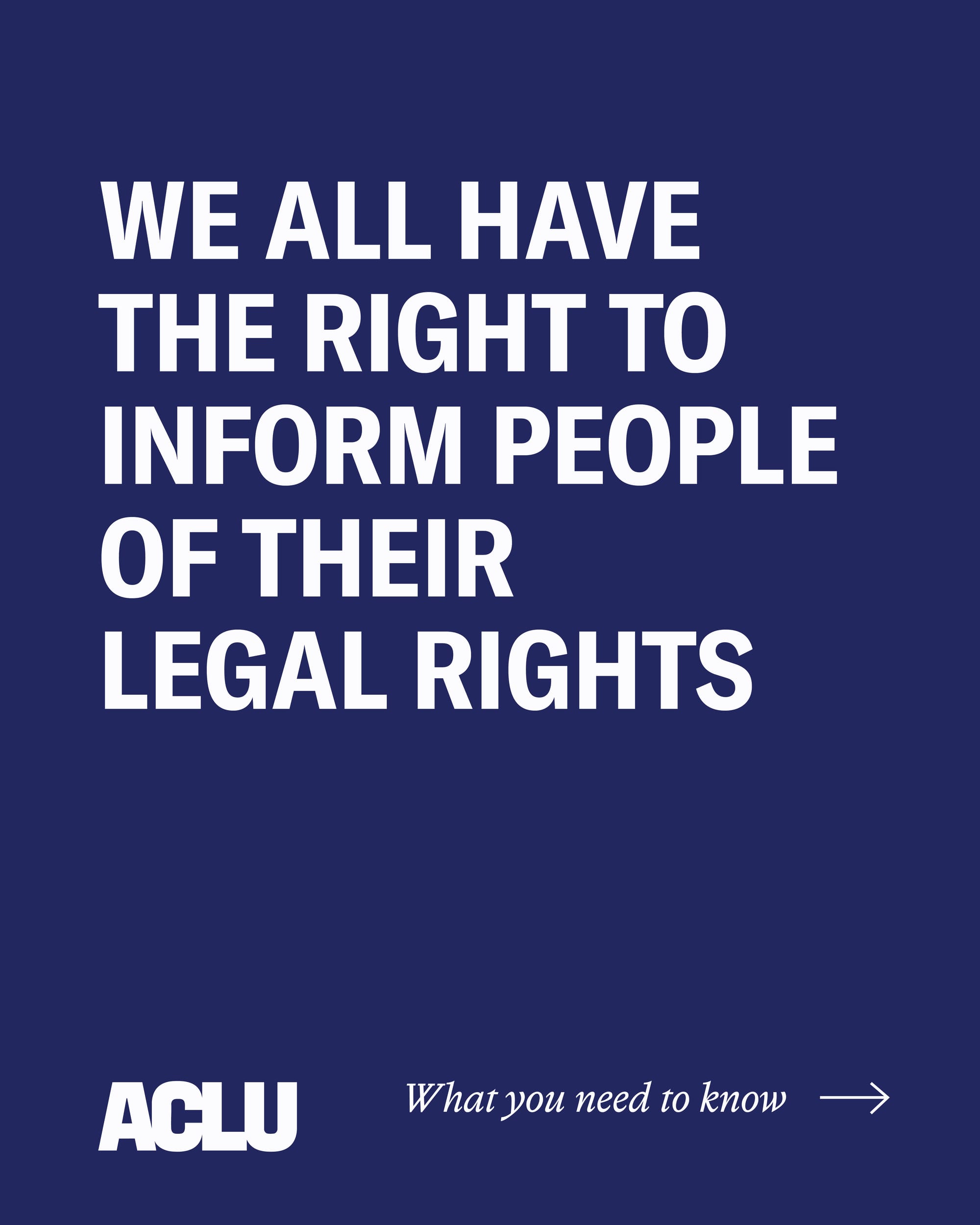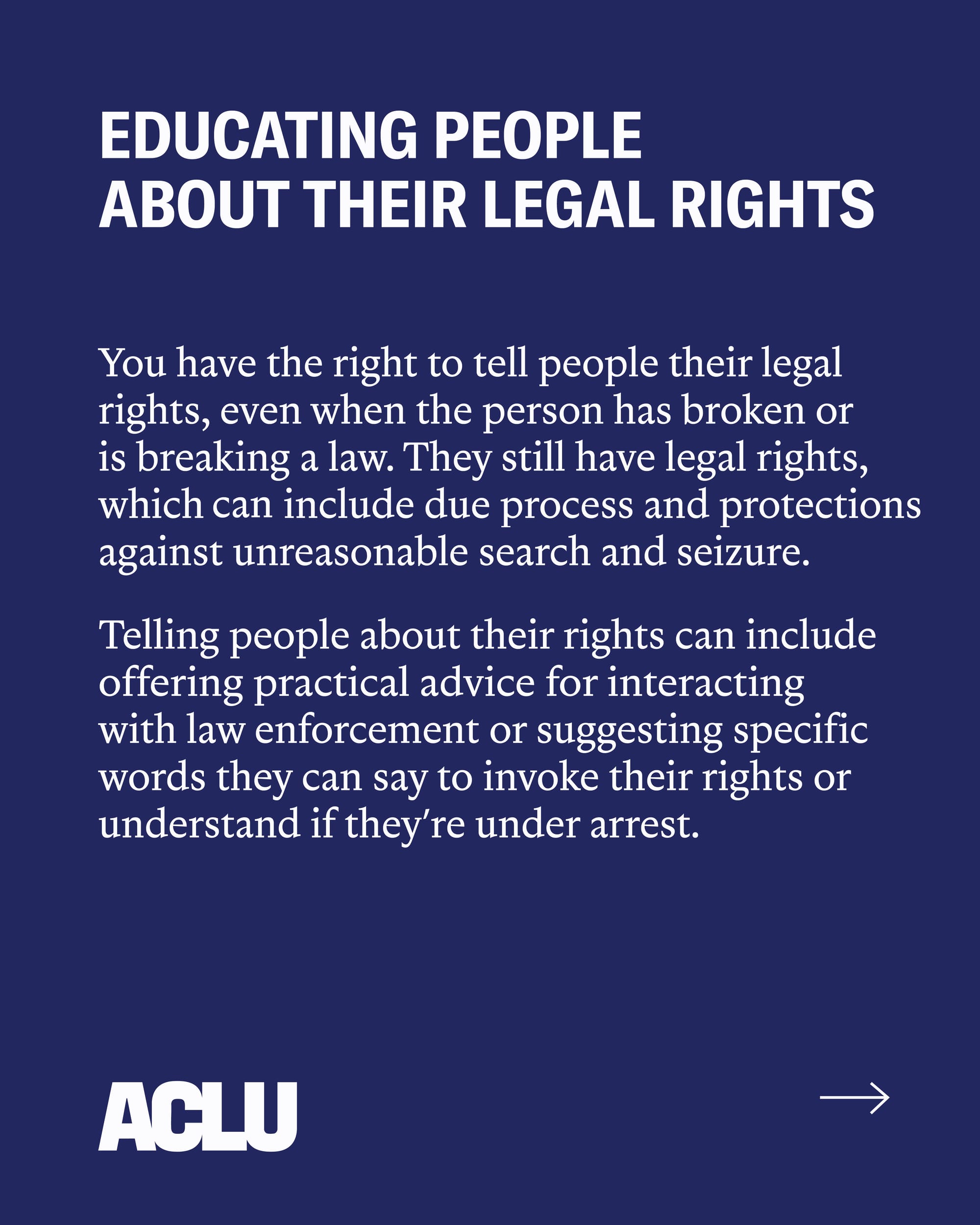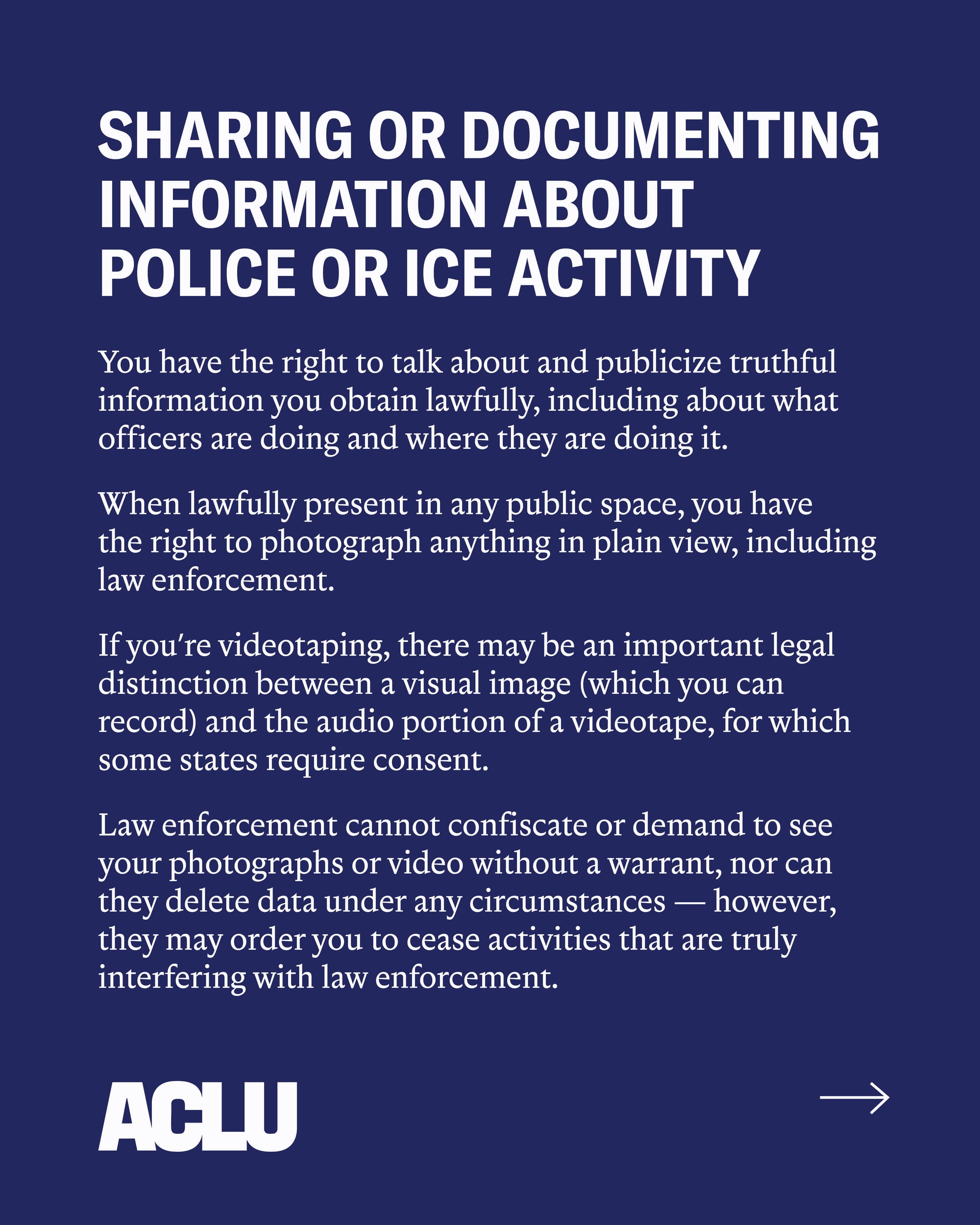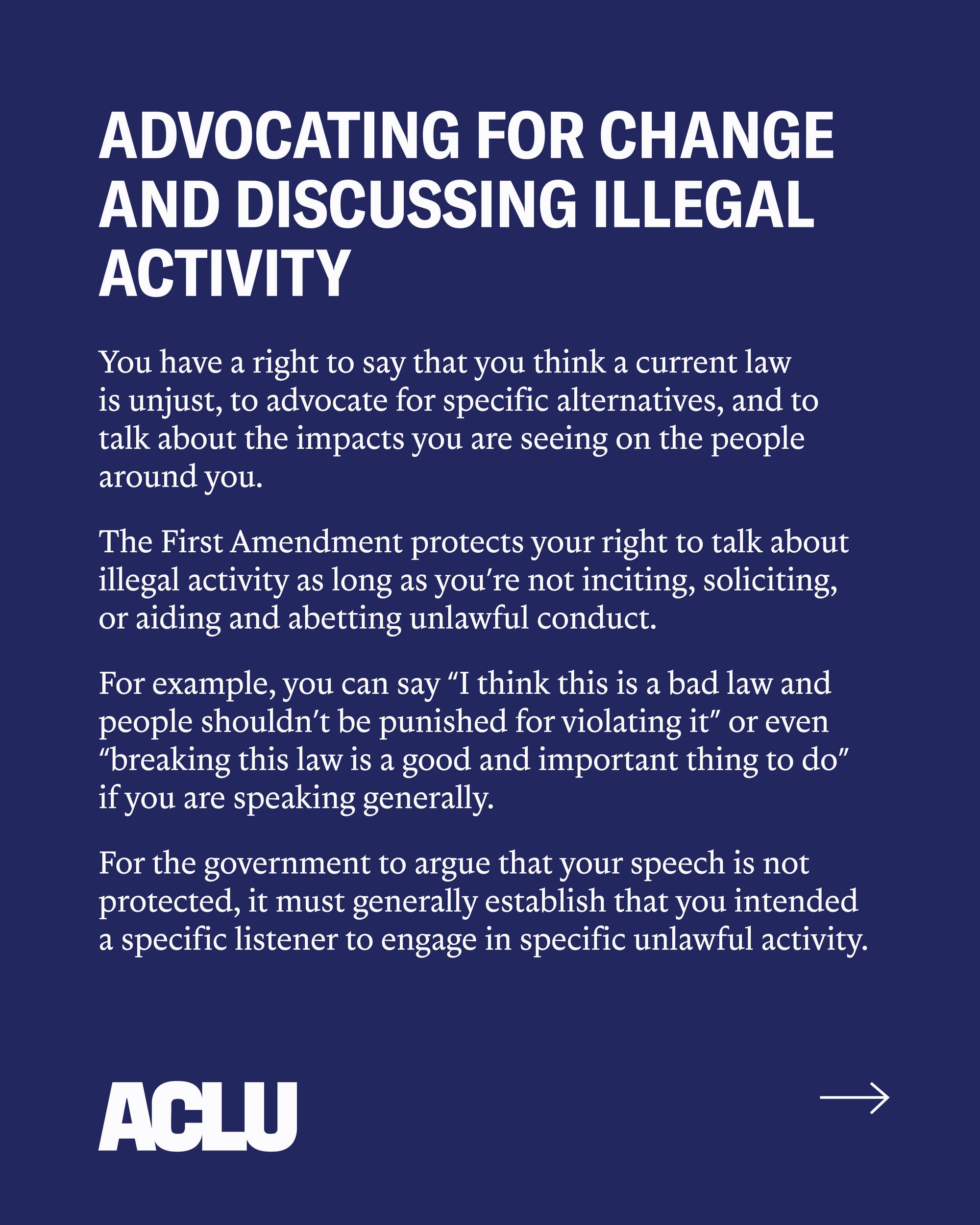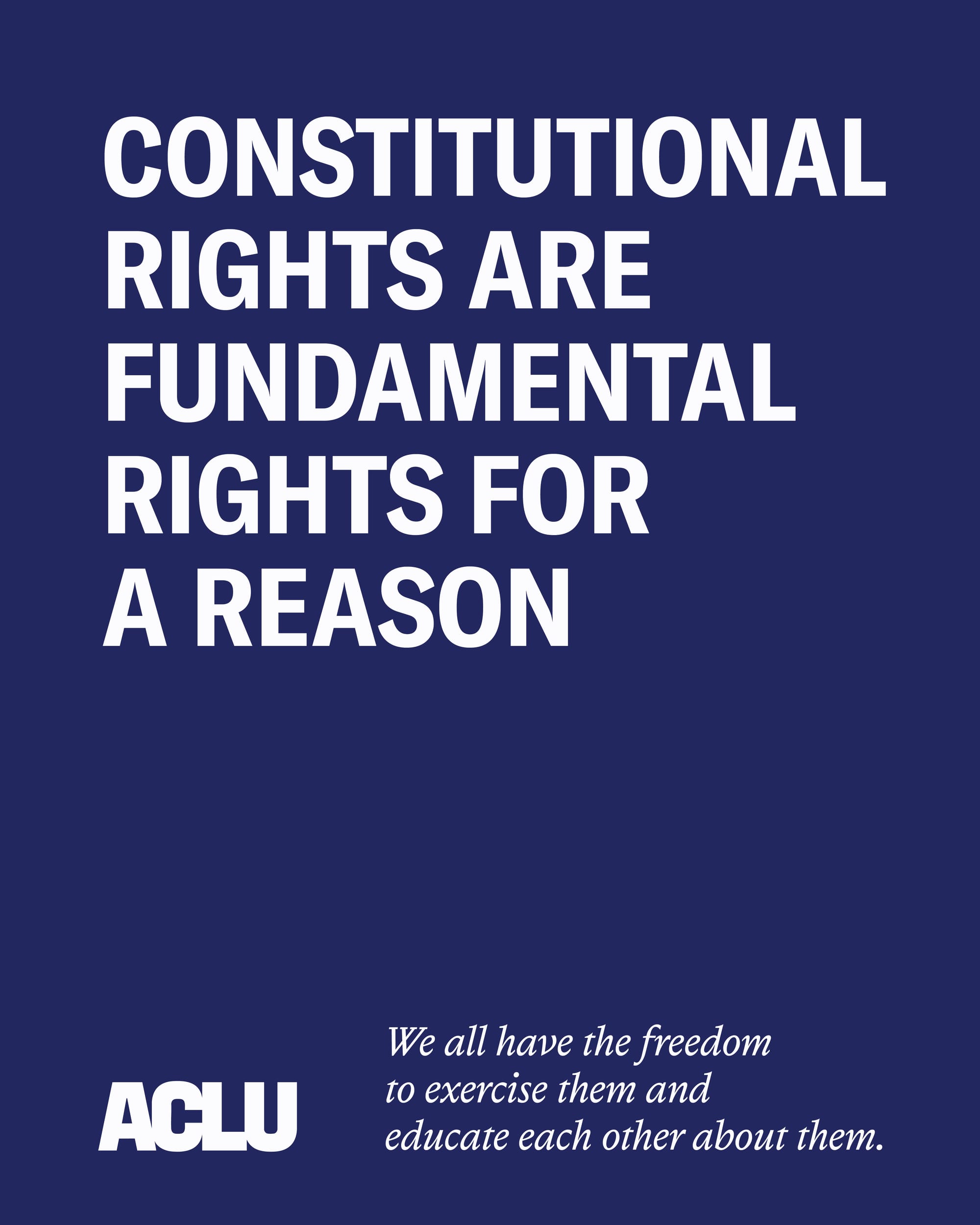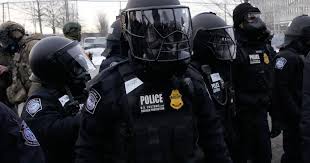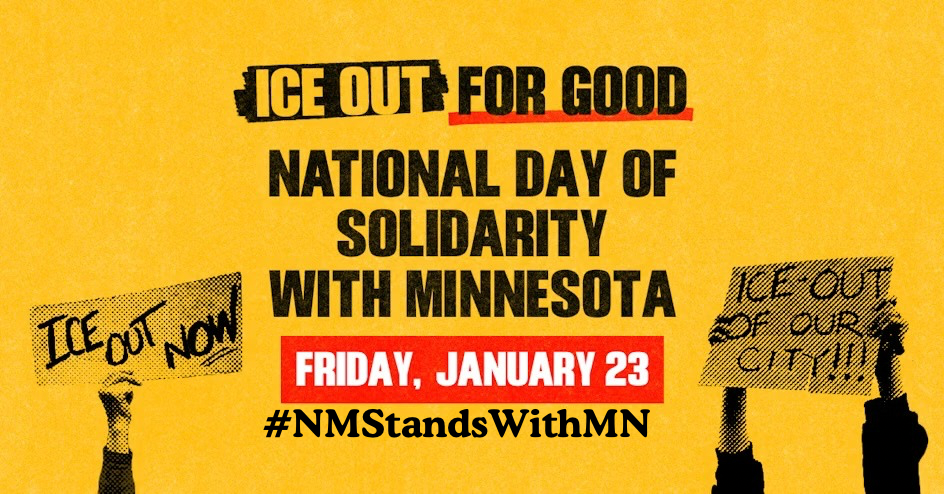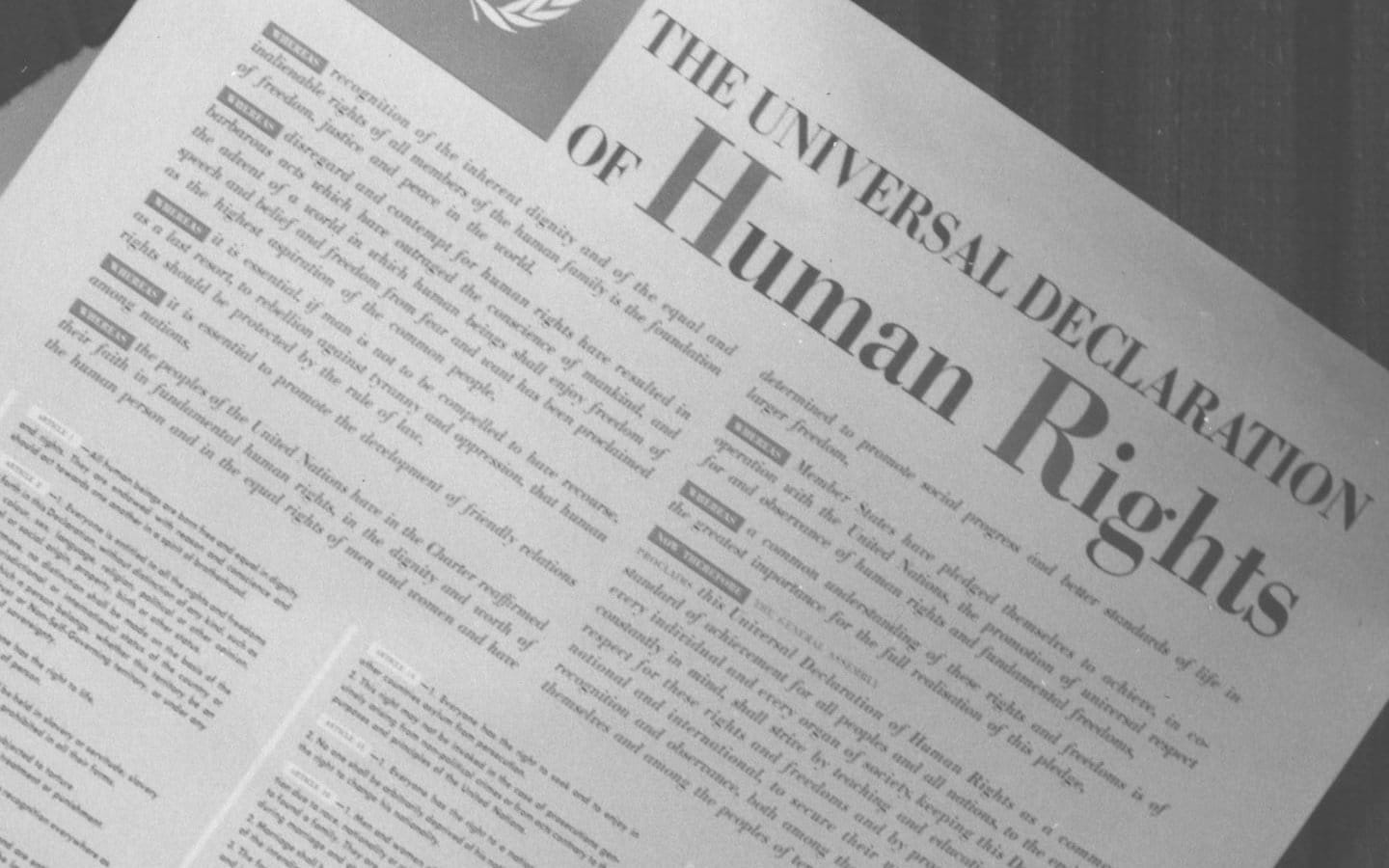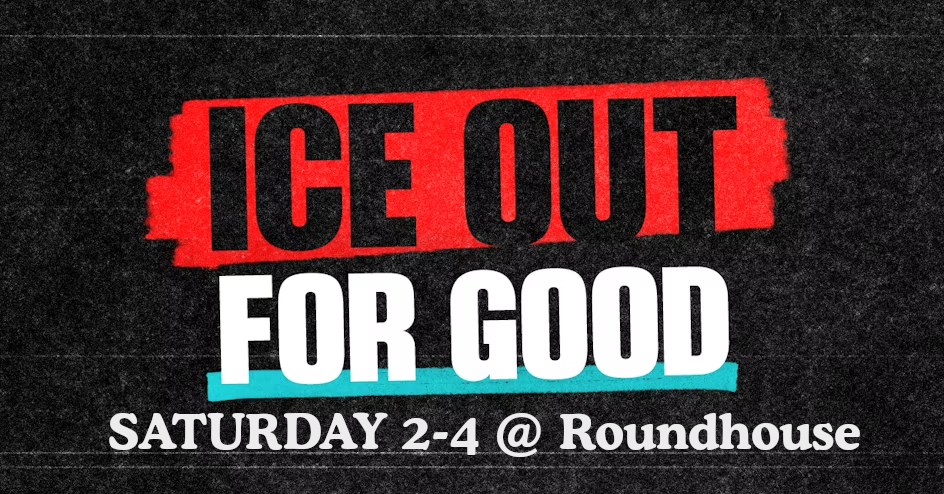As the federal government pursues increasingly authoritarian measures, Republican officials have been making wild claims about even obviously peaceful protests. They have even been characterizing No Kings 2.0 as a “Hate America” movement.
Spurious as the claims are, they can put law enforcement agents on edge. In preparation for October 18, the American Civil Liberties Union has put out new infographics to help No Kings 2.0 protesters know their rights.

It can be difficult to imagine being confronted by law enforcement agents, especially federal ICE agents, and even more difficult to imagine having to assert your rights, but it is important to prepare yourself in case these eventualities arise.
Ask a friend to do these training exercises with you
- Take turns roleplaying a law enforcement agent confronting a protester, first on the street and then in detention. When you are acting the part of the protester, practice clearly stating: “I have the right to remain silent. I want to consult a lawyer.” Then, practice actually staying quiet no matter how your roleplaying partner tries to intimidate or cajole you into speaking.
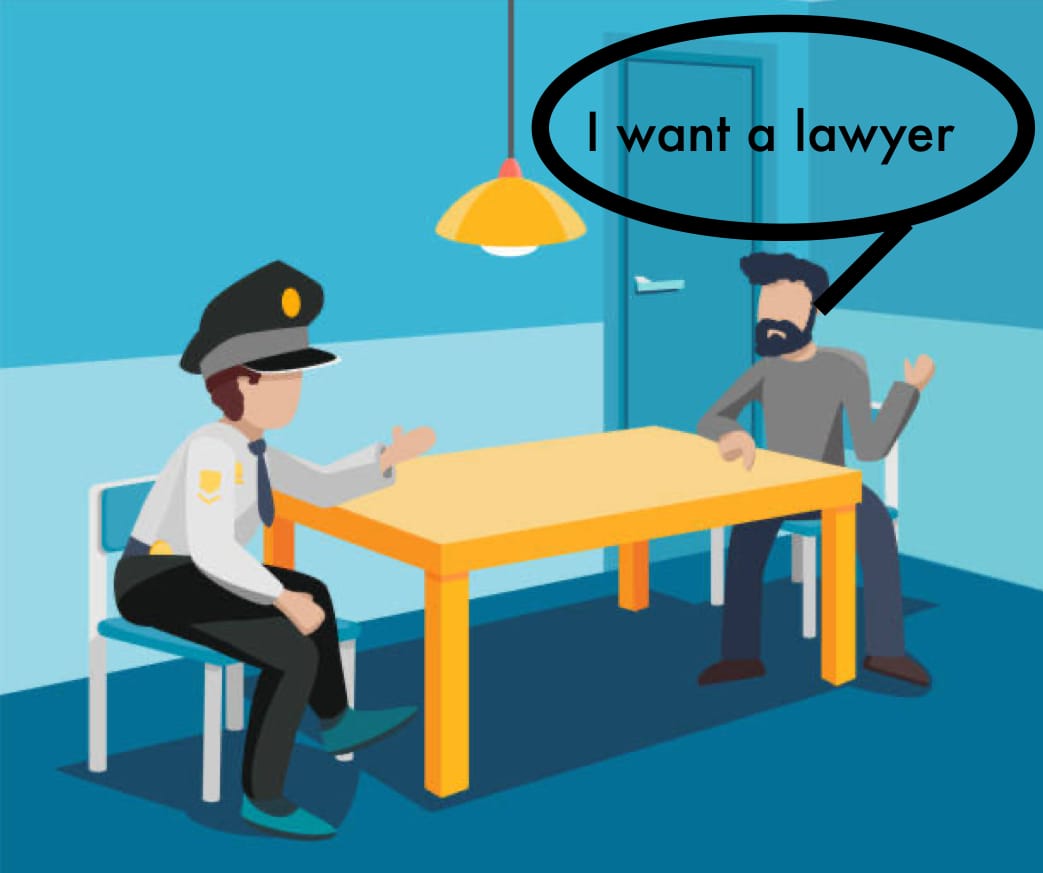
- One of you acts out being in a march that has spilled into the streets or is preventing people from going into shops or businesses. Put chairs or cushions around you to represent being in a crowd. The other plays the part of a law enforcement agent loudly and forcibly telling the protesters to clear the street or sidewalk. The person playing the part of the protester should practice the steps you will try to take to comply.

- One person plays the part of videotaping activity at a protest. The other plays the part of a law enforcement agent who comes up and tells the one videotaping to stop. The person taping should practice saying, “I have the right to photograph anything happening in plain sight.” The person playing the law enforcement agent should aggressively demand that the protester stop taping and hand over the phone. The protester should practice asking, “Am I free to go?” and, once the agent says yes, walking away.
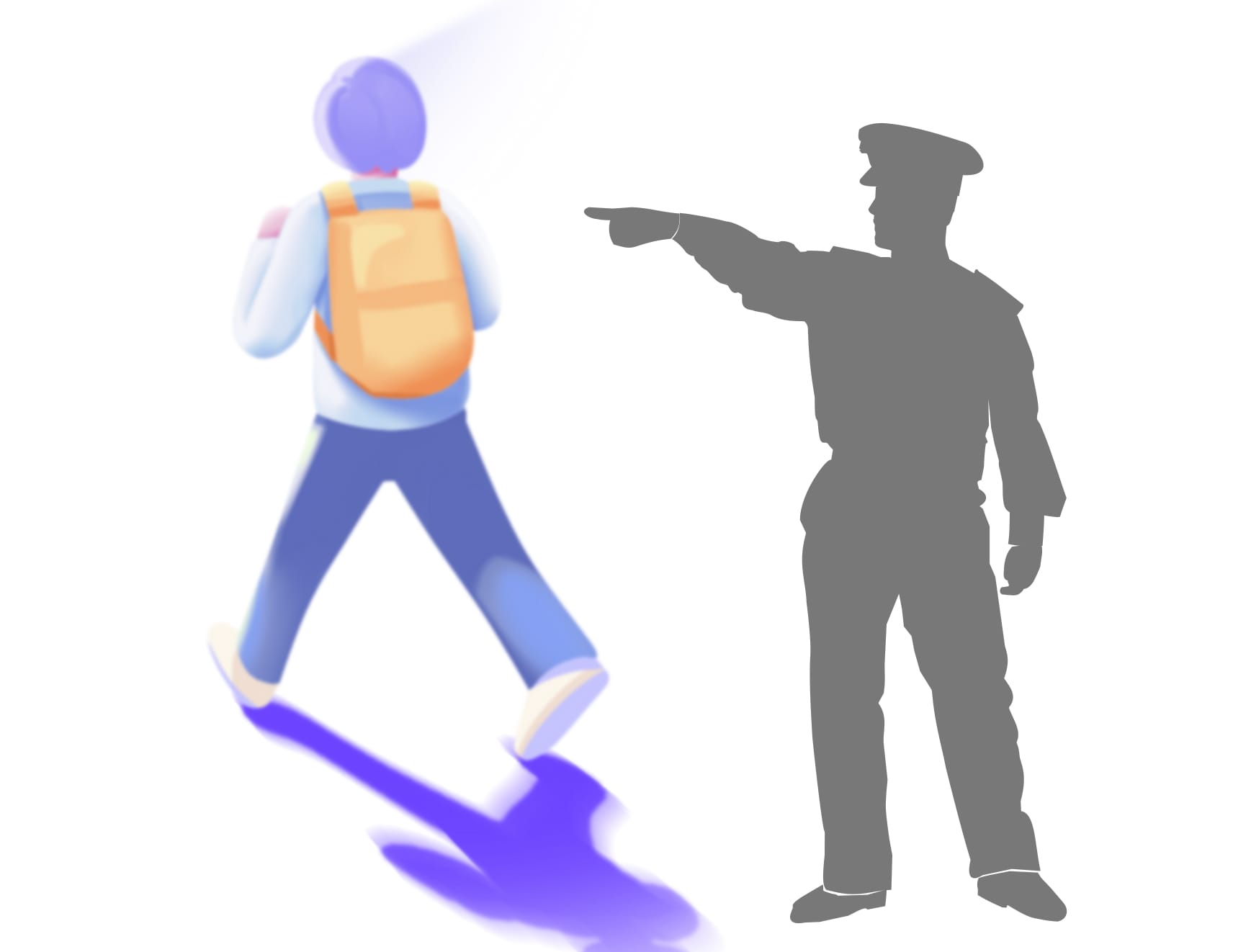
Enact these roleplaying exercises as convincingly as you can without simulating physical violence. No need to feel silly. The only way to remember your rights and how to assert them when you really need to do so is to get as comfortable as possible stating them clearly and calmly under conditions that approximate the need to so in real life.
Informing others of their rights
In addition to being ready to assert your own rights at a protest, you may be in a position to help others know theirs. See these infographics from the ACLU (click on a slide to enlarge it):
